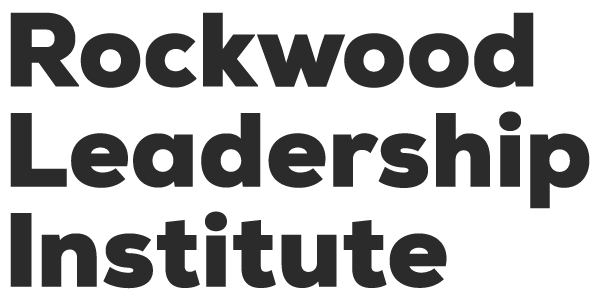
There is a longstanding Western notion that power corrupts leaders. Niccolo Machiavelli, a 16th century Italian diplomat, asserts that “it is far safer to be feared than loved” as a leader. John Acton, a 19th century British lord, coined the well-known saying, “Power tends to corrupt, and absolute power corrupts absolutely.” Research has shown that when people assume a position of power, they are more likely to be selfish, impulsive, and aggressive.
Today in the US, we have political leaders whose lack of public accountability, dishonesty, triggered tweets, and extreme declarations are working to dismantle long-held democratic institutions and policies.
So it’s not surprising that many of us who care about democracy, fairness, and justice are cautious when it comes to possessing power ourselves. Some of us may push it away when it is given to us because we are uncomfortable holding it. Others may feel like the power is undeserved, and hold on to it too tightly.
But power that is courageous, responsible, and collaborative is needed to create change, and many of the leaders engaged in social transformation work – organizing workers, protecting healthcare, educating young people – are proof that it is possible to hold power with love and grace.
We’ve created this handy infographic to help you discern whether your organization is experiencing confusion around power, and find the right solution to liberate, align, and create a more just and sustainable society:
Want to take a deeper dive into understanding power? At Advanced Art of Leadership, October 16-20, you’ll gain a better understanding of your personal power and positional power, your style of leading, and your purpose. APPLY NOW


